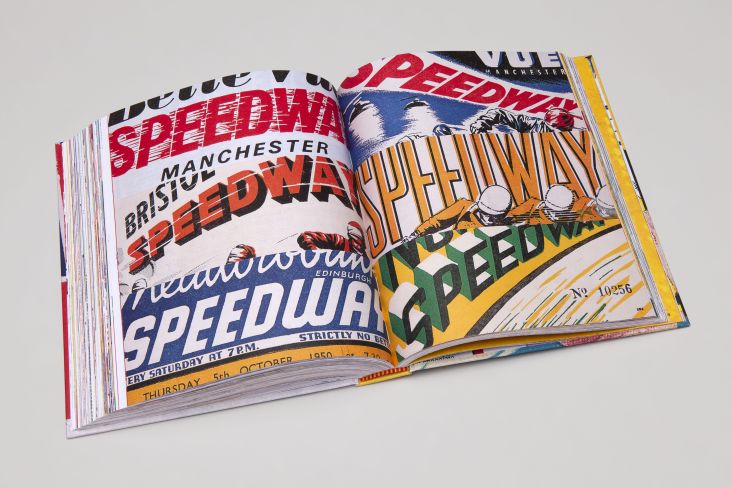Who Say Reload? The ace new book celebrating '90s drum and bass
Music fan and blogger Paul Terzulli and photographer Eddie Otchere have collaborated on the creation of a new book. Who Say Reload, which celebrates the stories behind '90s drum and bass.
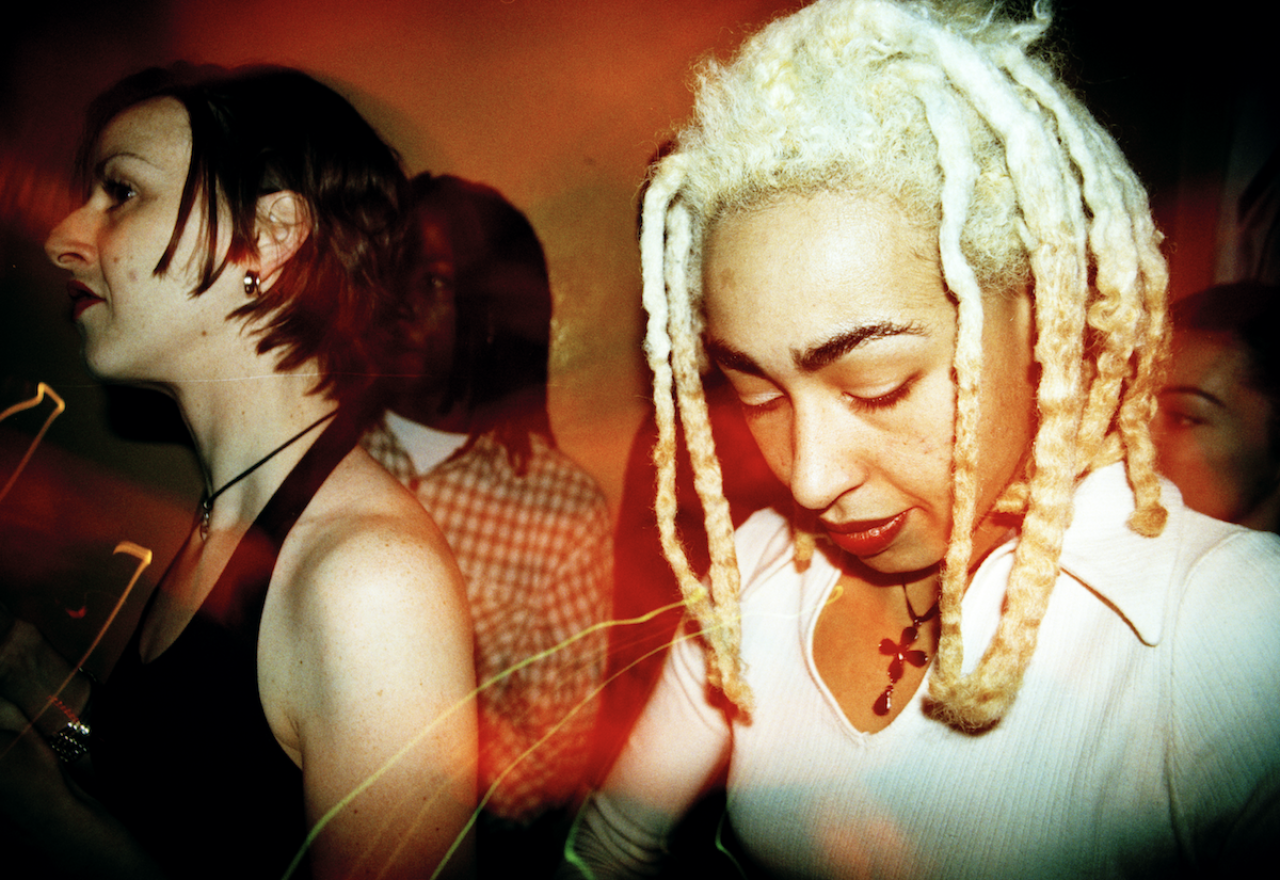
Published by Velocity Press, the book uncovers the lesser-known tales behind many of the iconic tunes that soundtracked urban England in the '90s and speaks directly to the artists involved in the seminal cultural movement.
As Who Say Reload delineates, drum and bass artists such as Rebel MC, A Guy Called Gerald, Roni Size, Goldie and Andy C "took elements of reggae, jazz, funk, soul, house, techno, hip hop, '80s electronic and created something totally new with a rumbling bassline and crashing breakbeats. The only rule was 'it had to sound like nothing else, you had to create something totally new'."
As a continuum of the acid house and rave movements that emerged in England in the late 1980s, drum and bass was forged through a youth movement forged in the aftermath of Thatcherite 1980s Britain. Unlike the acid house movement, however, drum and bass and jungle (commonly viewed as the originating point for D&B) was a largely black cultural movement led by pioneering musicians that were given startlingly little mainstream recognition at the time – especially considering the huge impact the sounds have had on music since.
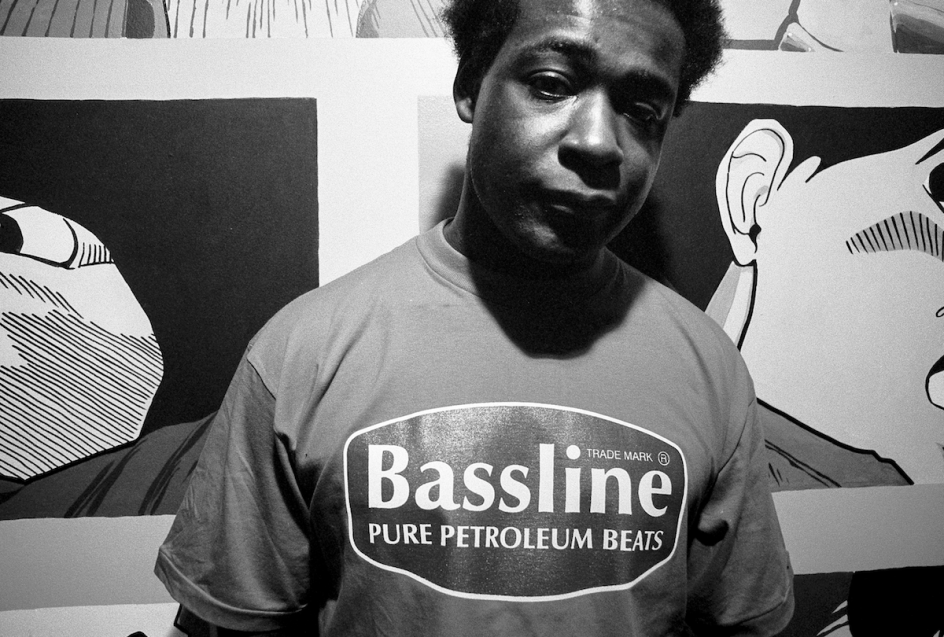
According to Terzulli, "Drum and bass was the first genre of dance music that was 100% British and 25 years later we're now at a point where you can see the impact it had on everything that followed, which is now comfortably part of mainstream music and culture in the UK." UK garage, grime and dubstep "and even EDM to a degree" are direct descendants of drum and bass.
"You don't get Stormzy without Wiley and Dizzee, and you don't get Wiley without Stevie Hyper D and Brockie, you don't have Rinse FM without Kool FM," he adds. "[Drum and bass and jungle producer] Shy FX recently remixed Original Nuttah for its 25th anniversary, which was one of the first crossover successes in 1994."

As such, the book is both an education for younger music fans and a nostalgia trip for those who were there the first time around. Ultimately, it offers credit where credit's due to the people that made drum and bass into the sonic juggernaut it became.
"Thirty years ago, the dead and decaying post-industrial urban spaces of this country began being populated by young people who wanted to dance to their own beats," says Octchere. "This culture was the antidote to the culmination of years of cultural regression that was fostered by a Conservative government who had no regard for culture, least of all a youth culture that celebrated diversity, drugs and dance. Three decades on, we're reminded how important that cultural phenomenon was. Because we have suffered from the absence of social gathering, dance energy and the freedom to be who want to be and not what you have to be."
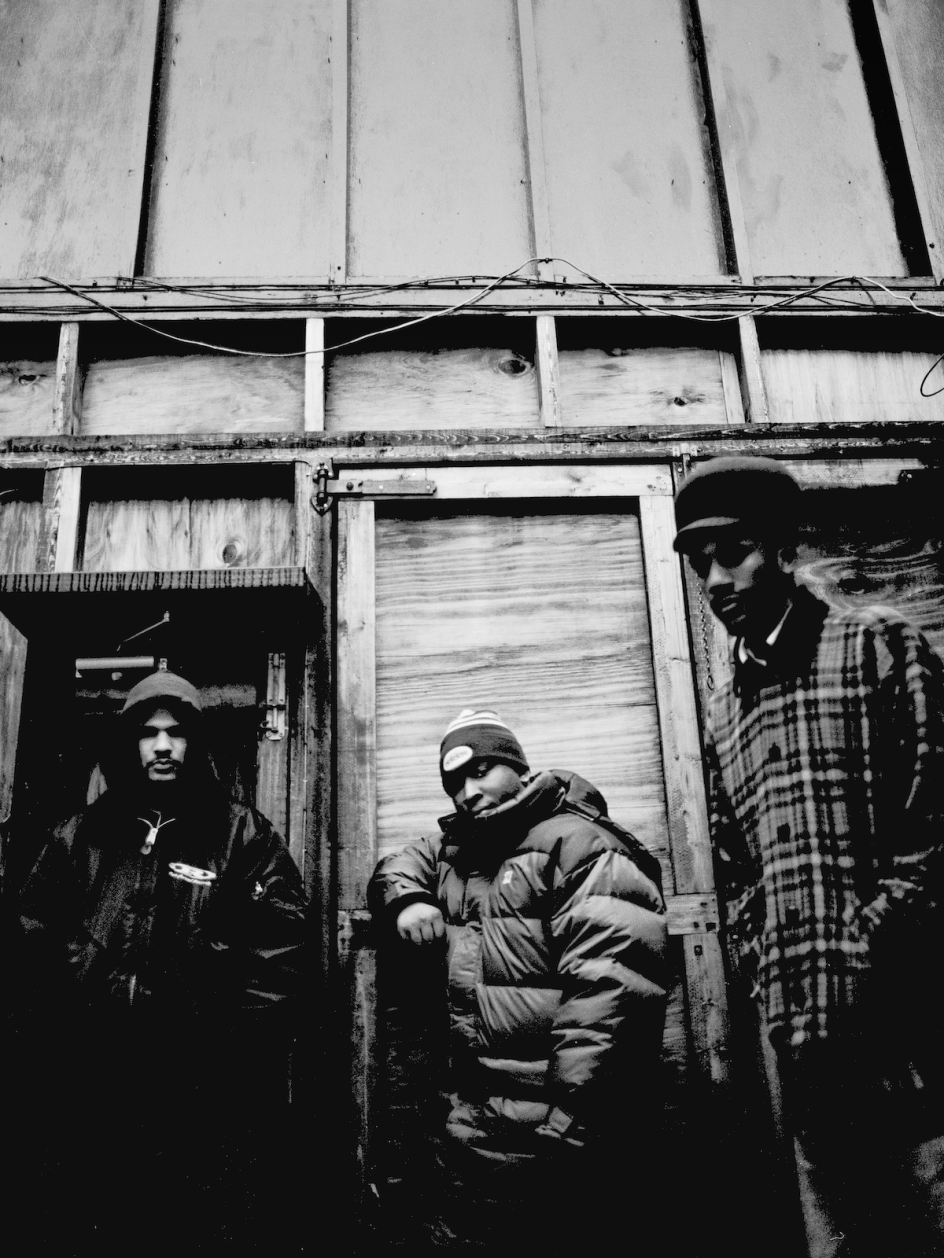
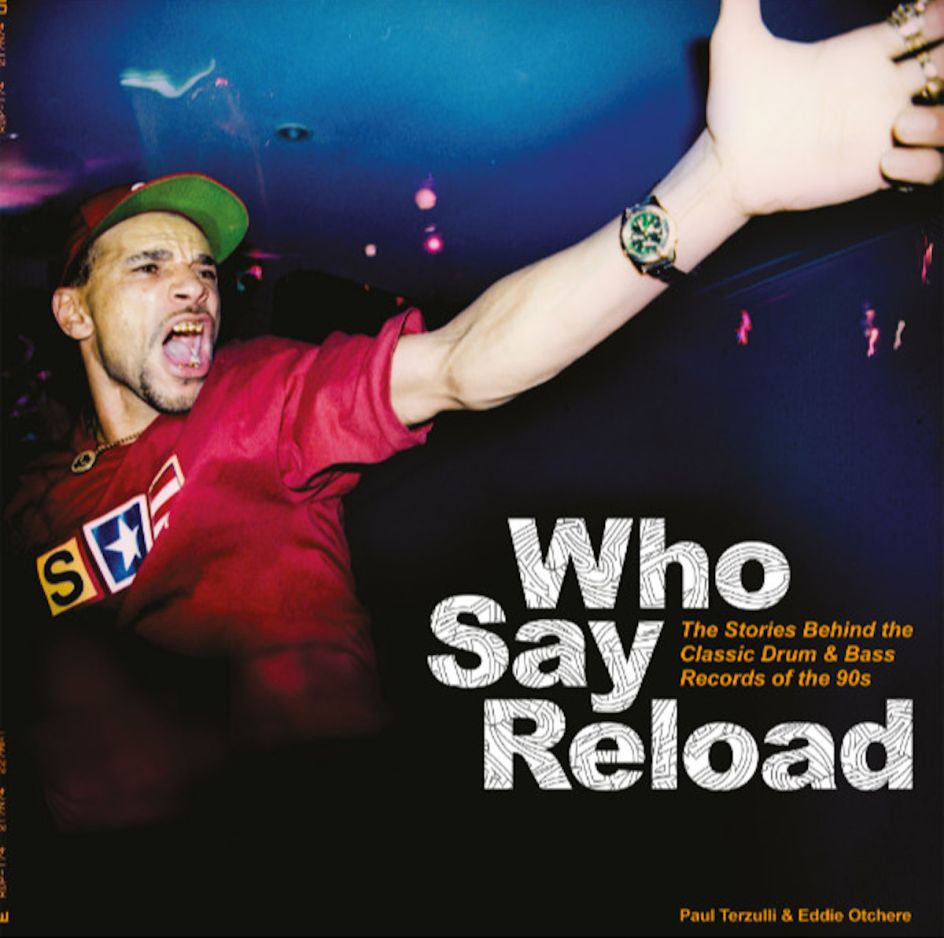


















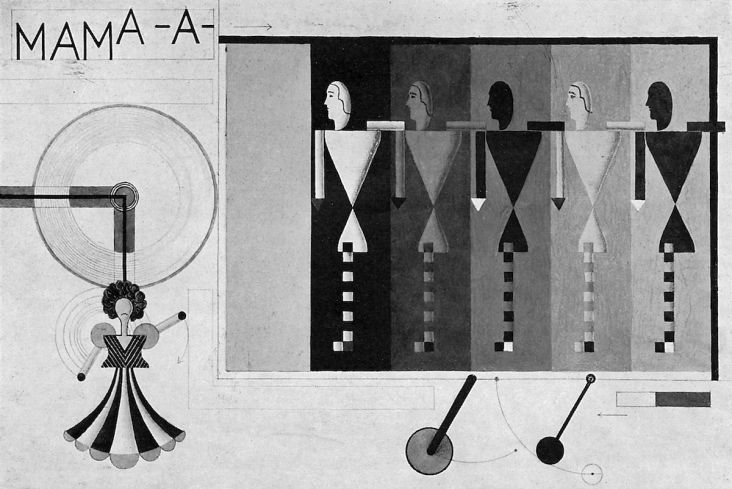

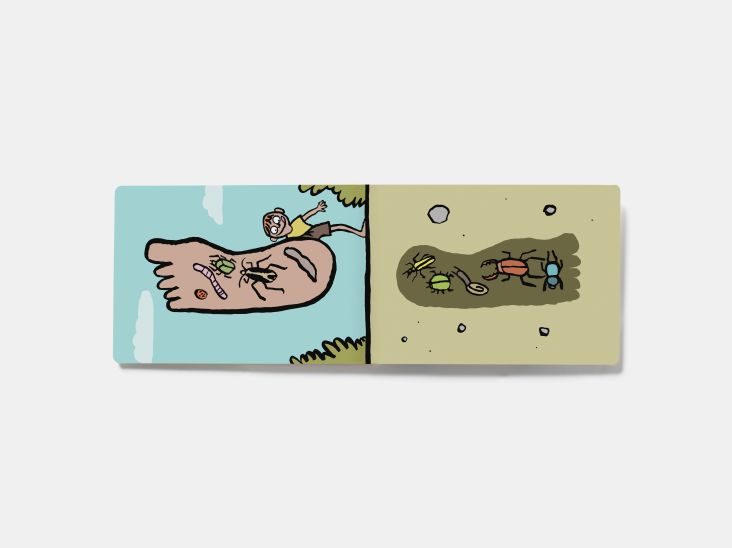
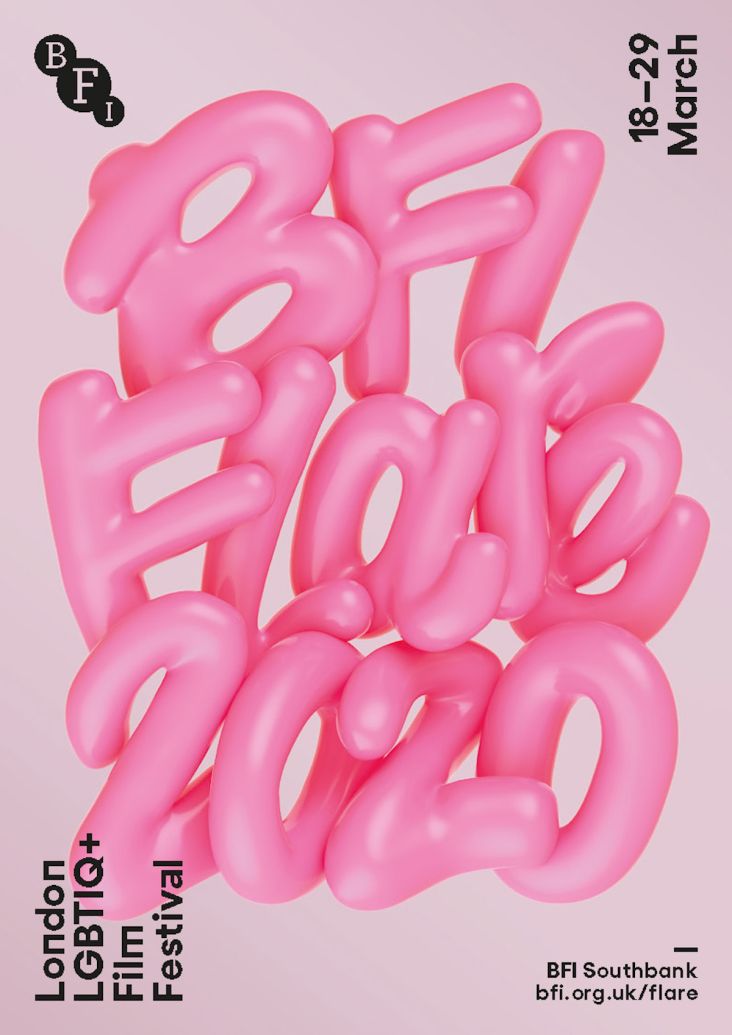
](https://www.creativeboom.com/upload/articles/ca/ca0bf9f108e7ad8d2871709c5ba2c0793edbcd8f_732.jpg)

